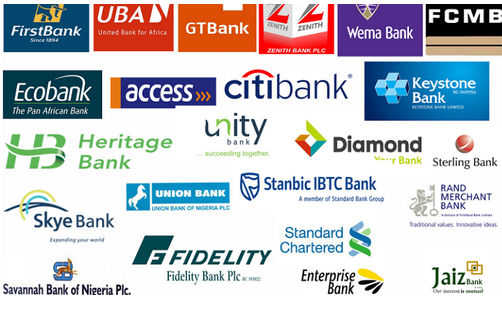Central Bank of Nigeria has debited N122 billion from Nigerian banks with excess cash before weakening the currency at a retail auction on Friday, in a move to unify its multiple exchange rates, bankers told Reuters on Monday. CBN offers multiple foreign-exchange rates, which it imposed to manage dollar demand after oil prices crashed. The central bank, Nigeria’s main forex supplier, asked lenders to bid for dollars at N380 to the dollar on Friday, 5% above its official rate. The Naira, however, opened weaker at N387 against the dollar on the over-the-counter spot market widely quoted by investors and importers. It further weakened to N462 at the parallel market on Monday.
The currency has come under pressure in recent months after the coronavirus pandemic and a fall in price of oil, Nigeria’s main export, and as foreign investors exited, leaving the country with large financing gap. The oil price crash has caused dollar shortages on official markets, shifting demand to the black market, where the Naira is much weaker. Central Bank Governor Godwin Emefiele has said he would not unify rates close to the black market rate. The bank has been withdrawing liquidity from the financial system before forex auctions, part of measures to support the currency and curb speculation, bankers say.
Money market rates spiked to 25% following the debit, from just under 2% the previous session, bankers said. Nigeria is also under pressure from foreign lenders such as the World Bank and International Monetary Fund for currency reforms. The World Bank is expected to approve a $3 billion budget support loan for Nigeria in the coming months.

